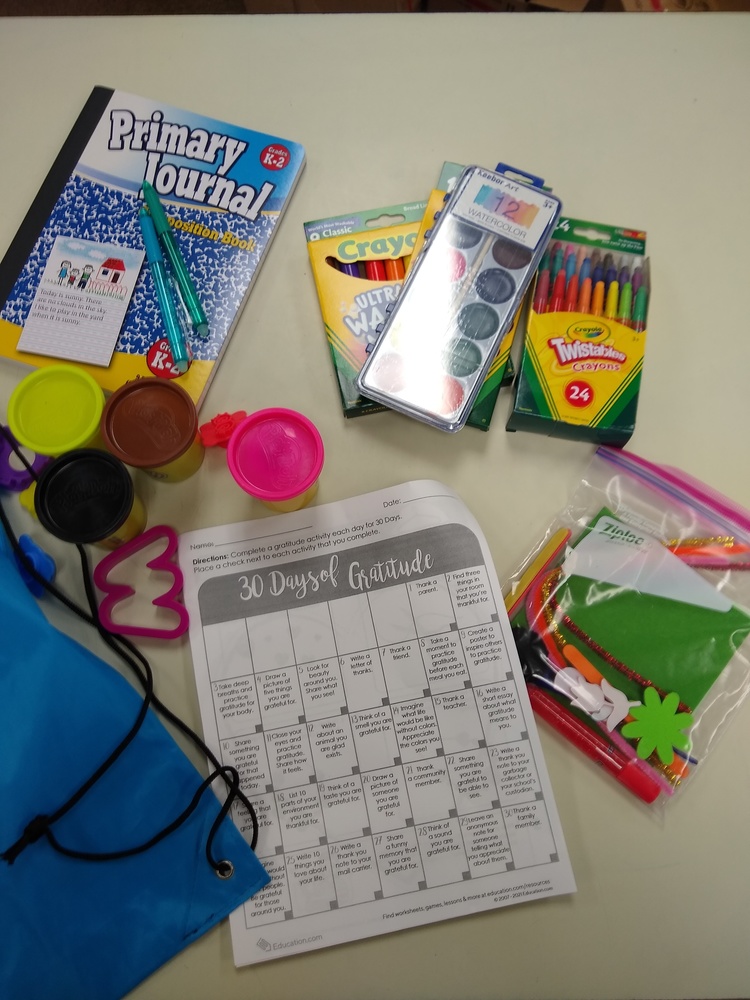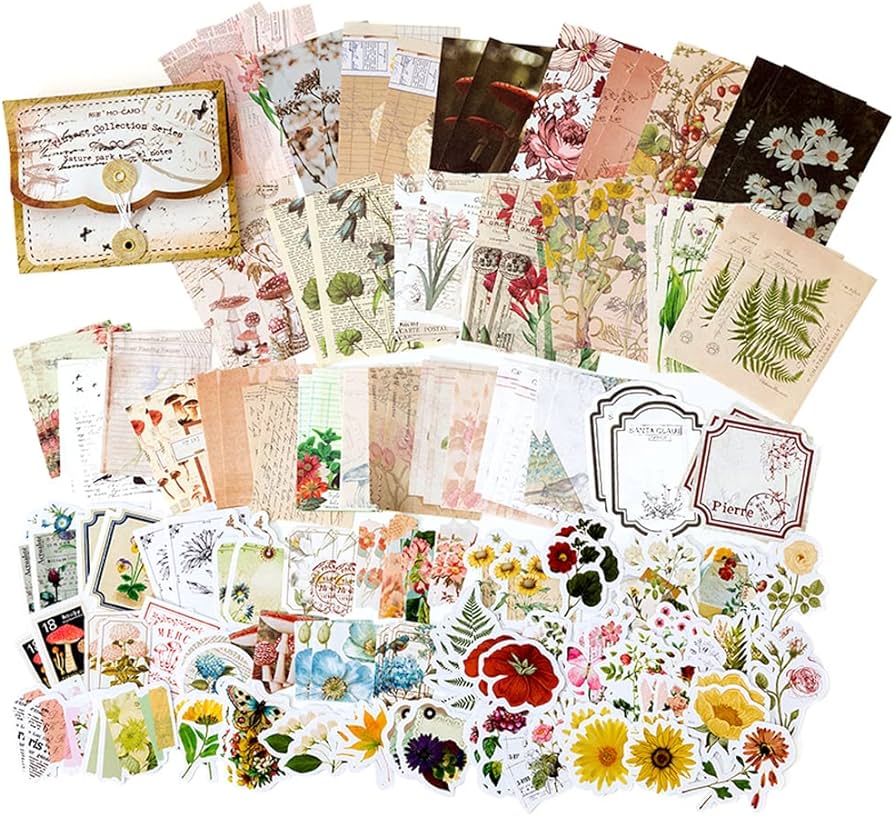
In today's fast-paced world, journaling has emerged as a powerful tool for enhancing mental health and well-being.
This article will delve into the top 10 secrets to successful journaling, based on evidence-based practices and expert insights.
From establishing consistency and setting intentions to embracing vulnerability and cultivating gratitude, we will explore various techniques to help you unlock the full potential of journaling.
Whether you are new to journaling or a seasoned writer, these tips will empower you to create a safe space for reflection and personal growth.
The Power of Consistency
Consistency is the cornerstone of effective journaling, providing a stable foundation for personal growth and improved mental well-being. By establishing powerful routines and building habits, individuals can harness the power of consistency to enhance their journaling experience.
Consistency allows for the creation of a safe space to explore thoughts, emotions, and experiences without judgment. It provides a sense of structure and stability, allowing individuals to develop a deeper understanding of themselves and their lives.
Engaging in regular journaling sessions helps to create a rhythm and flow, making it easier to express thoughts and emotions. It also fosters self-reflection and introspection, helping individuals to gain insights, identify patterns, and make positive changes.

The power of consistency lies in its ability to cultivate self-awareness, promote personal growth, and ultimately contribute to improved mental well-being.
Setting Intentions for Journaling
Setting intentions for journaling can greatly enhance its effectiveness in promoting mental health. By setting clear goals and objectives for your journaling practice, you can focus your thoughts and emotions towards specific areas of improvement or reflection.
Techniques such as writing prompts or guided questions can help guide your intentions and provide structure to your journaling practice.
Benefits of Setting Intentions
Journaling with clear and well-defined intentions can significantly contribute to the overall effectiveness and impact of the practice on one's mental health. By setting goals and focusing energy through intentional journaling, individuals can experience a range of benefits that enhance their well-being and freedom.
Some of these benefits include:
Clarity: Setting intentions helps individuals gain clarity about their thoughts, emotions, and experiences, allowing them to better understand themselves and their needs.
Focus: Having clear intentions helps individuals focus their energy and attention on specific aspects of their lives, enabling them to prioritize and work towards their desired outcomes.

Empowerment: Setting intentions empowers individuals by giving them a sense of purpose and direction. It allows them to take control of their lives, make conscious choices, and create positive changes.
Techniques for Effective Intentions
While there are various techniques for setting intentions in journaling, one effective approach is to incorporate mindfulness practices into the process.
Mindfulness involves being fully present in the moment and observing one's thoughts and feelings without judgment.
When setting intentions for journaling, it is important to be clear and specific about your goals. Effective goal setting involves identifying what you want to achieve through journaling, whether it is gaining clarity, reducing stress, or improving self-awareness.
It is also helpful to set realistic and achievable goals that align with your values and priorities.
Additionally, staying motivated in your journaling practice can be supported by regularly reviewing and reflecting on your intentions, celebrating progress, and seeking inspiration from others who have experienced the benefits of journaling.
Finding Your Journaling Style
When it comes to discovering your ideal journaling style, it is important to explore different techniques and approaches. Journaling offers a wide variety of styles, allowing individuals to find the one that resonates with them the most.

Here are a few examples of different journaling styles that can help you find inspiration:
Stream of consciousness: This style involves writing continuously without worrying about grammar or punctuation. It allows for a free flow of thoughts and emotions, providing a sense of liberation and self-expression.
Bullet journaling: A popular style that combines organization and creativity. It utilizes bullet points, symbols, and visual elements to capture tasks, goals, and reflections. This style appeals to individuals who desire structure and a systematic approach to journaling.
Art journaling: This style incorporates visual elements such as drawings, paintings, and collages to express emotions and tell stories. It is a great option for those who enjoy creativity and visual expression.
Creating a Safe Space for Reflection
To truly benefit from the practice of journaling, it is essential to carve out dedicated moments of solitude and tranquility for deep reflection.
Creating a safe space for reflection allows individuals to explore their thoughts and feelings without judgment or interruption. This safe space can be physical, such as a quiet room or a peaceful outdoor setting, where one can feel comfortable and relaxed.
It can also be emotional, where individuals give themselves permission to be vulnerable and explore their innermost thoughts and emotions.

Exploring Different Journaling Techniques
There are several effective journaling techniques that can be explored to enhance mental health and facilitate personal growth. These techniques can help individuals gain a deeper understanding of themselves, process emotions, and promote self-reflection.
Some different journaling tools that can be utilized include:
Stream of consciousness writing: This involves writing without any filters or judgment, allowing thoughts and emotions to flow freely onto the page. It can provide a sense of release and promote self-discovery.
Prompt-based journaling: Using prompts or questions can help stimulate reflection and encourage deeper exploration of thoughts and feelings. Prompts can range from simple questions about daily experiences to more profound queries about personal values and goals.
Art journaling: Incorporating art, such as drawing, painting, or collage, into journaling can provide an additional outlet for self-expression and creativity. It allows individuals to visually represent their thoughts and emotions, tapping into a different mode of communication.
Exploring these different journaling techniques can offer individuals the freedom to discover what works best for them and enhance the therapeutic benefits of journaling.
Using Prompts for Inspiration
Using prompts as a tool for inspiration can greatly enhance the effectiveness of journaling for improved mental health. Prompts for self-discovery can encourage individuals to delve deeper into their thoughts and emotions, leading to a better understanding of themselves. By providing a starting point or a specific question to reflect upon, prompts can ignite creativity and encourage self-reflection. They can help individuals explore their values, goals, and aspirations, leading to personal growth and self-improvement.

Moreover, using journaling for stress relief can be facilitated by prompts that focus on gratitude, positive affirmations, or mindfulness. These prompts can help individuals shift their focus from negative thoughts and stressors to more positive aspects of their lives. Research has shown that expressive writing, such as journaling, can have numerous mental health benefits, including reducing stress, improving mood, and enhancing overall well-being.
Incorporating prompts into your journaling practice can provide structure and guidance, while also allowing for personal freedom and exploration. It can be a powerful tool for self-discovery and stress relief, ultimately leading to enhanced mental health.
Overcoming Writer's Block
With strategies for overcoming writer's block, individuals can continue their journaling practice and reap the mental health benefits it offers. Writer's block can be frustrating and discouraging, but there are several techniques that can help overcome this creative block and find inspiration:
Relaxation techniques: Engaging in activities such as deep breathing, meditation, or taking a walk can help clear the mind and reduce stress, allowing for a more open and creative mindset.
Change of scenery: Sometimes, a change of environment can provide a fresh perspective and stimulate new ideas. Consider writing in a different room, going to a coffee shop, or spending time in nature.
Free writing: Set a timer for a few minutes and write without any judgment or inhibition. This process of free writing can help unclog the mind and generate new ideas.
Embracing Vulnerability in Your Journal
Explore the depths of your emotions and experiences by fearlessly opening up and expressing vulnerability in your journal. Embracing vulnerability is a powerful tool for personal growth and enhanced mental health. When we allow ourselves to be vulnerable in our journal, we create a safe space for self-exploration and reflection. By acknowledging and embracing our emotions, we can gain a deeper understanding of ourselves and our experiences. This self-awareness can lead to increased self-compassion, improved relationships, and overall emotional well-being.

When exploring vulnerability in your journal, it is important to create a judgment-free zone. Allow yourself to be completely honest and authentic, even if it feels uncomfortable. Remember that vulnerability is not a weakness, but rather a strength. By embracing your emotions and expressing them in your journal, you are giving yourself permission to fully experience and process your feelings. This can lead to a greater sense of self-acceptance and emotional resilience.
Incorporating vulnerability into your journaling practice can be done in various ways. Start by acknowledging your emotions and giving them space to be expressed. Write about your fears, insecurities, and struggles without judgment. Allow yourself to be vulnerable with your journal, knowing that it is a private and safe space for self-expression. As you continue to explore vulnerability in your journal, you may find that it becomes easier to embrace and express your emotions in other areas of your life as well.
Cultivating Gratitude Through Journaling
Cultivating gratitude through journaling is a powerful practice that can significantly enhance mental health. Research shows that keeping a gratitude journal can lead to increased feelings of happiness, improved overall well-being, and reduced symptoms of depression and anxiety.
Journaling for Gratitude
One effective way to enhance mental health through journaling is by incorporating the practice of expressing gratitude. Gratitude journaling involves intentionally focusing on and writing down things you are grateful for, which can have a profound impact on your overall well-being.
Here are some gratitude journaling techniques to consider:
Write a daily gratitude list: Take a few moments each day to reflect on and write down three things you are grateful for. This simple practice can shift your mindset towards positivity and increase feelings of happiness.
Use descriptive language: When expressing gratitude, be specific and detailed in your writing. Instead of simply saying 'I'm grateful for my family,' you can write 'I'm grateful for the love and support my family provides, especially during difficult times.'

Reflect on challenging situations: Even in challenging circumstances, there are often silver linings or lessons to be learned. Reflect on these experiences and find gratitude in the growth and resilience they have brought you.
Incorporating gratitude into your journaling practice can help you cultivate a more positive outlook and enhance your overall mental well-being.
Benefits of Gratitude Journaling
To fully understand the benefits of gratitude journaling, it is important to recognize its power in promoting mental well-being and fostering a positive mindset. Gratitude practices, such as expressing appreciation through journaling, have been shown to have a profound impact on mental health.
Research suggests that regularly engaging in gratitude journaling can improve mood, reduce symptoms of depression and anxiety, and increase overall life satisfaction. By focusing on the positive aspects of life and acknowledging the things we are grateful for, we shift our attention away from negativity and cultivate a sense of abundance and contentment.
Additionally, gratitude journaling can help us develop a more optimistic outlook, enhance our relationships, and improve our physical health. By incorporating gratitude journaling into our daily routine, we can reap the many benefits it offers and enhance our overall well-being.
Reflecting and Celebrating Your Growth
As you engage in regular journaling, it is important to periodically assess and acknowledge the significant milestones and progress you have made along your mental health journey. Reflecting on your growth can provide a sense of accomplishment and boost your self-esteem. Here are a few ways to celebrate your achievements and measure your progress:
Create a gratitude jar: Write down your accomplishments and moments of personal growth on small pieces of paper and place them in a jar. Whenever you need a boost, read through these notes and remind yourself of how far you've come.

Write a letter to your past self: Reflect on the challenges you have overcome and the progress you have made. Write a heartfelt letter to your past self, acknowledging your growth and offering words of encouragement.
Celebrate with loved ones: Share your achievements with those who have supported you along the way. Celebrating together can reinforce the importance of your progress and remind you of the positive impact you have on others.
Taking the time to reflect on your growth and celebrate your achievements can help you build resilience and maintain a positive mindset. Embrace the freedom to acknowledge your progress and continue on your journey towards enhanced mental health.
Frequently Asked Questions
How Long Should I Journal Each Day?
The length of time one should journal each day depends on personal preference and availability. However, research suggests that even brief journaling sessions can have significant mental health benefits, such as improved self-awareness and reduced stress levels.
Can I Use a Digital Journaling App Instead of Pen and Paper?
Digital journaling offers convenience and flexibility compared to traditional pen and paper methods. It allows users to easily access and organize their entries, search for specific content, and even include multimedia elements. These benefits make it a viable alternative for individuals seeking freedom while journaling.
Should I Share My Journal Entries With Others?
Sharing journal entries can have benefits for personal growth, as it allows for self-reflection and gaining insights from others. However, it is important to consider privacy and trust when deciding whether to share your journal with others.
Can Journaling Help With Specific Mental Health Conditions, Such as Anxiety or Depression?
Using journaling to manage stress has been shown to have numerous benefits for mental health, including anxiety and depression. Expressive writing can help individuals process emotions, reduce symptoms, and improve overall well-being.

Is There a Specific Time of Day That Is Best for Journaling?
Journaling can be beneficial at any time of day, but the benefits of morning journaling include increased focus and clarity, while evening journaling can promote relaxation and reflection. Both can enhance mental health.
 Writing TipsCreative WritingJournalingSketching TechniquesBuying GuidesPrivacy PolicyTerms And Conditions
Writing TipsCreative WritingJournalingSketching TechniquesBuying GuidesPrivacy PolicyTerms And Conditions
